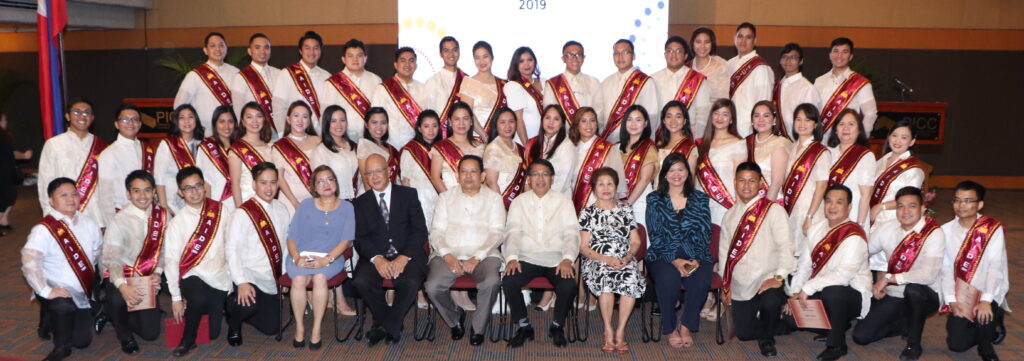Welcome to AIDE
ASIAN INSTITUTE FOR DISTANCE EDUCATION
Quality Distance Education Since 1984 – Empowering Learners Beyond Boundaries.
ASIAN INSTITUTE FOR DISTANCE EDUCATION
Bsba Major in MARKETING
Quality Distance Education Since 1984 – Empowering Learners Beyond Boundaries.
Our Graduates
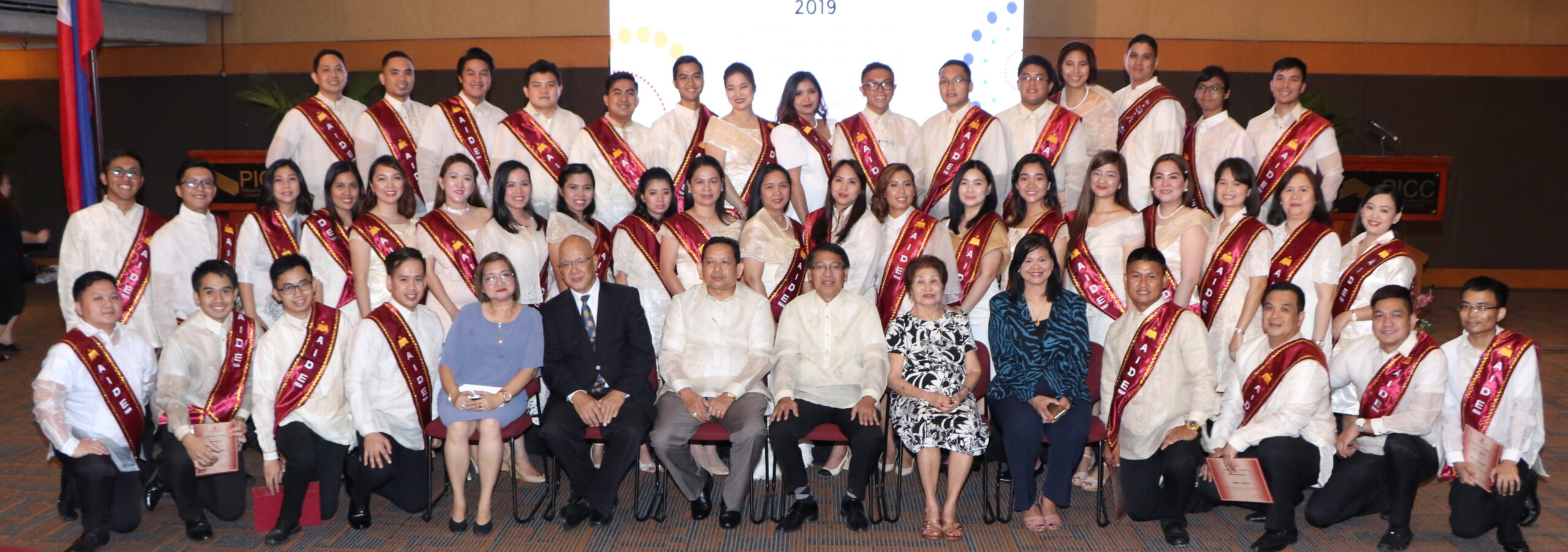
Testimonial
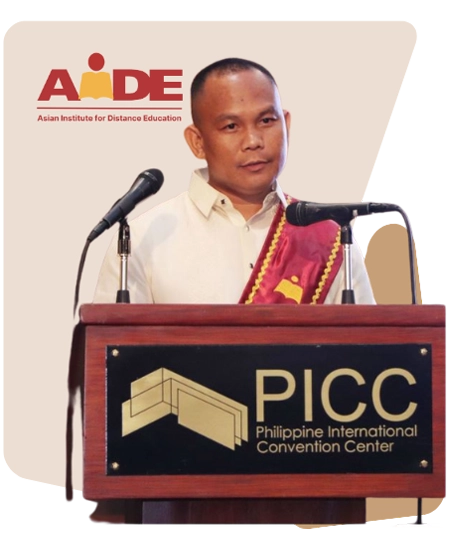
“Ako ay nanggaling sa mahirap na pamilya, kagaya ninyo at ng karamihan , gusto kong makapagtapos ng pag-aaral upang makaahon kami sa kahirapan.”
NOLI R. REAMICO
Welcome to AIDE
ASIAN INSTITUTE FOR DISTANCE EDUCATION
Quality Distance Education Since 1984 – Empowering Learners Beyond Boundaries.
Education Tailored to YOUR Life
Struggling to advance your career due to rigid schedules?
Juggling work and studies feels impossible, leaving you stuck in entry-level roles despite your potential?

AIDE’s CHED-accredited self-paced programs (BSBA/AB) fit your busy schedule. Study anytime, anywhere. At AIDE 40% of employed graduates secured managerial roles
Upgrade skills without quitting your job.
Working abroad but need a recognized degree to access higher-paying jobs?
Limited by time zones, residency, or lack of local study options?

Earn a CHED-compliant degree from anywhere!
44% of AIDE graduates work overseas.
Our foreign-student authorized programs (since 2004) offer OFW-friendly schedules, self-paced learning, and credentials valued by employers worldwide.
Health, mobility, or accessibility barriers blocking your education?
Traditional campuses feel exclusionary, leaving dreams unfulfilled.

AIDE pioneered inclusive distance education for 35+ years. No commutes, no physical barriers – Almost 100% remote learning with dedicated support.
Join graduates who excelled academically without stepping on campus.
Study Around YOUR Schedule
100% self-paced modules — no commutes, no rigid classes. Ideal for professionals and OFWs across time zones.
CHED-Accredited Programs
BSBA and AB degrees compliant with CHED Memo 17/24/51 (2017), ensuring globally recognized credentials.
Community of Achievers
Join graduates who excelled: 40% rated academic performance “Very Good” while balancing life commitments.
Proven Career Outcomes
67% employed immediately post-graduation; 33% secured managerial roles. Locally or abroad — 44% of grads work overseas.
Inclusive by Design
Pioneering accessible education for 35+ years — overcoming physical, medical, or geographic barriers.
Discover the advantages of learning
with AIDE's innovative educational approach
Lifelong Learning
Platform
Supports education for all and continuing education.
CHED-Recognized Programs
Accredited curriculum aligned with CHED Policies, Standards & Guidelines
Expert-Developed
Materials
Complete sets of learning resources created by qualified professionals.
Ultimate
Flexibility
Study at your own pace, place, and time.
Quality-Assured
Learning
Guided, monitored, and evaluated processes by qualified professionals using IT-enabled facilities.
Professional Network
Expansion
Connect with peers, and alumni while learning – building valuable relationships
ASIAN INSTITUTE FOR DISTANCE EDUCATION
Academic Programs
Testimonials

“We should also be prepared to get out of our comfort zone, to take the risk even though we know that there’s no guarantee that we would achieve success in the end.”
PATRICIA ERICKSEN
BSBA Major in Management
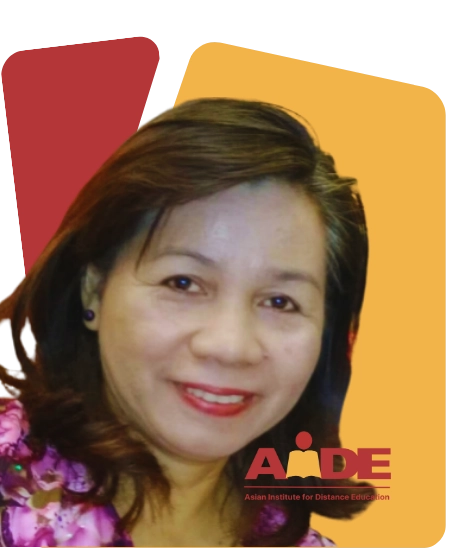
“I finished my Bachelor’s degree (AB English) at AIDE. It was just right for a working mother like me. Through AIDE, I was able to pursue my desired graduate studies.”
DR. CONCESA CORTES
AB English
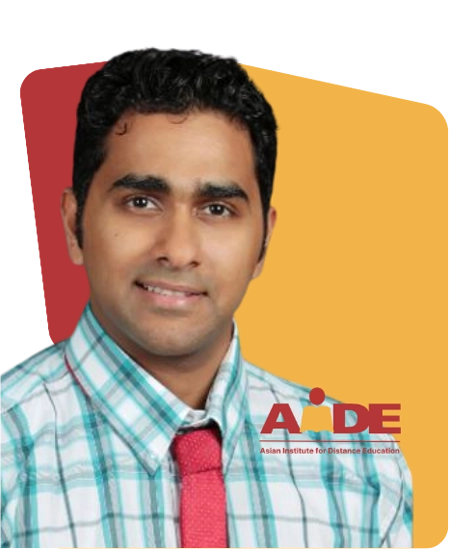
“A winner never quits and a quitter never wins”
HAMAD ADBULJABBAR ALESSA

“Ako ay nanggaling sa mahirap na pamilya, kagaya ninyo at ng karamihan , gusto kong makapagtapos ng pag-aaral upang makaahon kami sa kahirapan.”
NOLI R. REAMICO
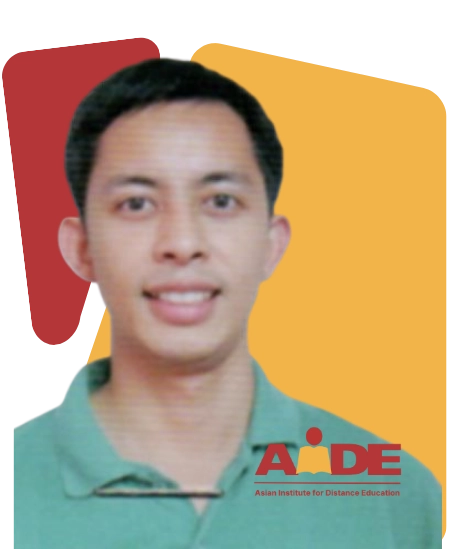
“Graduation – Commencement – is not the culmination of our educational journey. It is the beginning of life – long endeavors.”
MIGUEL R. PEREY
AB English

“At AIDE, rearing kids while studying is possible.”
VANESSA ISABEL A. DE VERA

“I feel deeply honored to welcome all of you and for having been given this opportunity to speak before a gathering on this meaningful and much awaited in the life of every student and to feel with us the joy and happiness of our success and fulfillment ”
MEDELIZA T. GONZAGA
AB-English
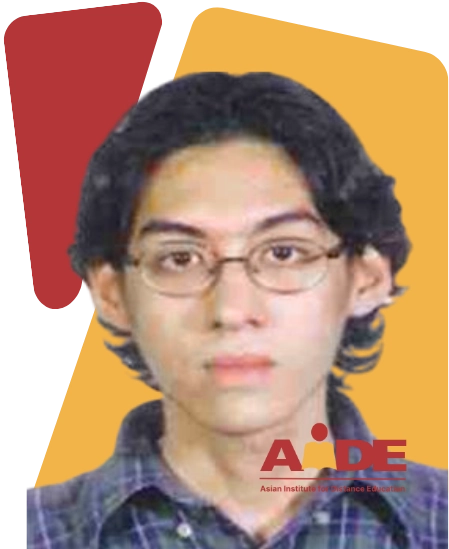
“What I primarily wanted was to acquire a degree as quickly and as painlessly as possible with enough time to spare for me to do other things.”
FERANANDO C. BASA
PAO Lawyer
Community of Achievers
Join graduates who excelled: 40% rated academic performance “Very Good” while balancing life commitments.

